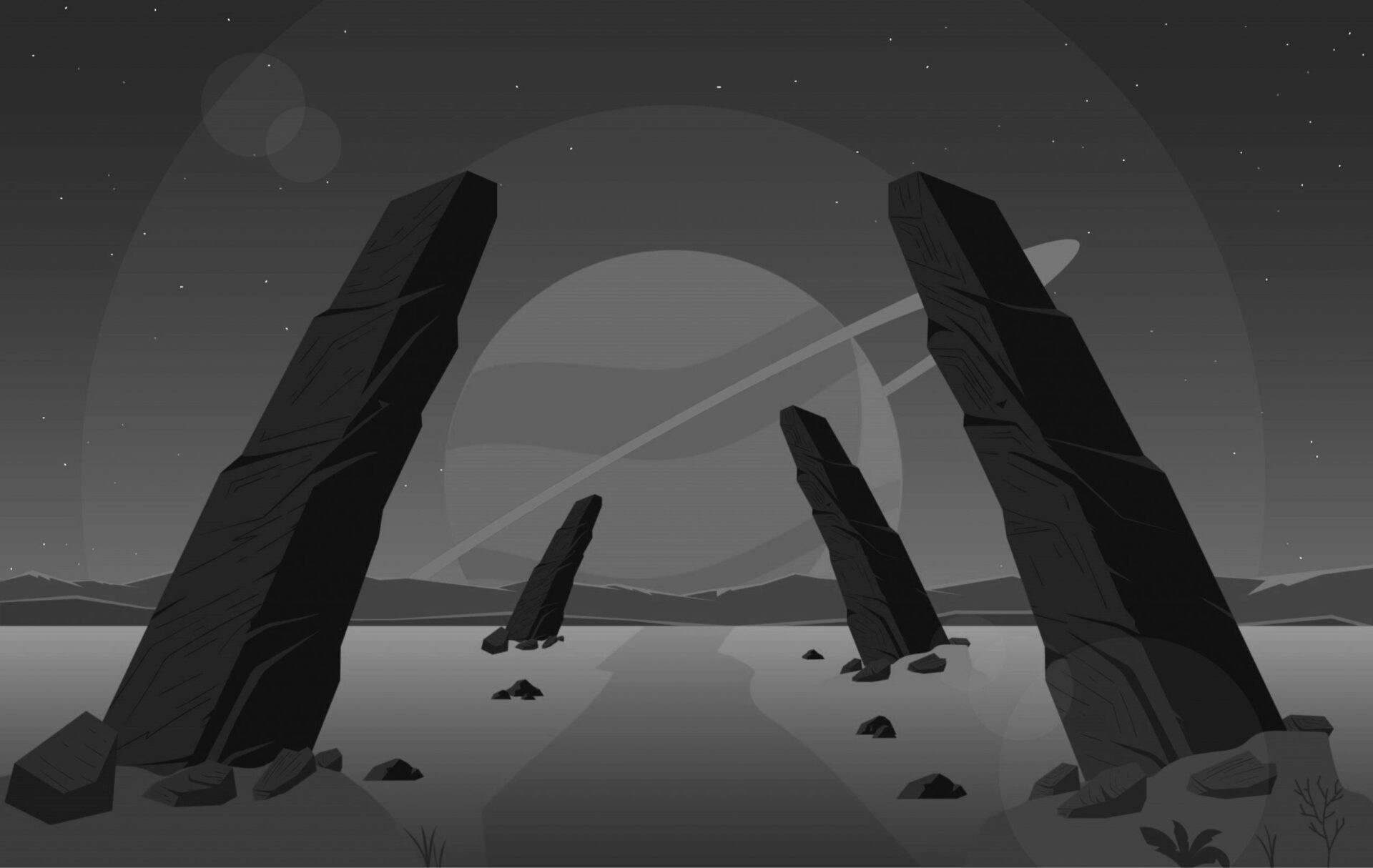About Exocosm
Exocosm aims to discuss worldbuilding from a scientific point of view in the hope that will be of interest to others. This began with exoplanets and speculative evolution for science-fiction worldbuilding. Due to popular demand it now also covers elements suited for fantasy worldbuilding.

Blog Topics
A range of worldbuilding topics across several categories will be discussed. In keeping with the scientific view point of this blog the categories will be named in an academic fashion but, don’t worry, they are aimed at a wider audience than just scientists.
- Astrobiology: The study of the origin and evolution of life throughout the universe.
- Cartography: Procedural generation and mapping of geographic data
- Exoplanetology: The study of extrasolar planets and the structure of the host star system.
- Mythology: Magic and concepts not possible with current scientific knowledge.
- Technology: Earth technology from the past, present and future.

Exordium
Exordium is the original setting (previously known simply as Exocosm) that describes a realistic prediction of humanity’s expansion into the wider cosmos at slower than light speed and any life that is found there. This science-fiction and speculative evolution setting will include the following:
- Automated interstellar probes investigating alien biospheres and distant celestial bodies.
- Complete colonisation of the solar system and nearby star systems.
- Advanced but plausible technology.
- The divergence of humanity into various lineages.

Paracosm
A paracosm is an imaginary world but in contrast to Exordium in the Paracosm worlds fantasy elements play a greater role. From hollow worlds and golems to psionics and the walking dead, these worlds show “we’re not in Kansas anymore”.
- Amalgam: A world where metal and flesh merge seamlessly.
- Khora: A space-fantasy set in a shattered world with psionic powers.
- Panopticon: A planar metropolis where technology and magic are indistinguishable.
- Xungla: A metal poor stone age world that uses magic to develop.

